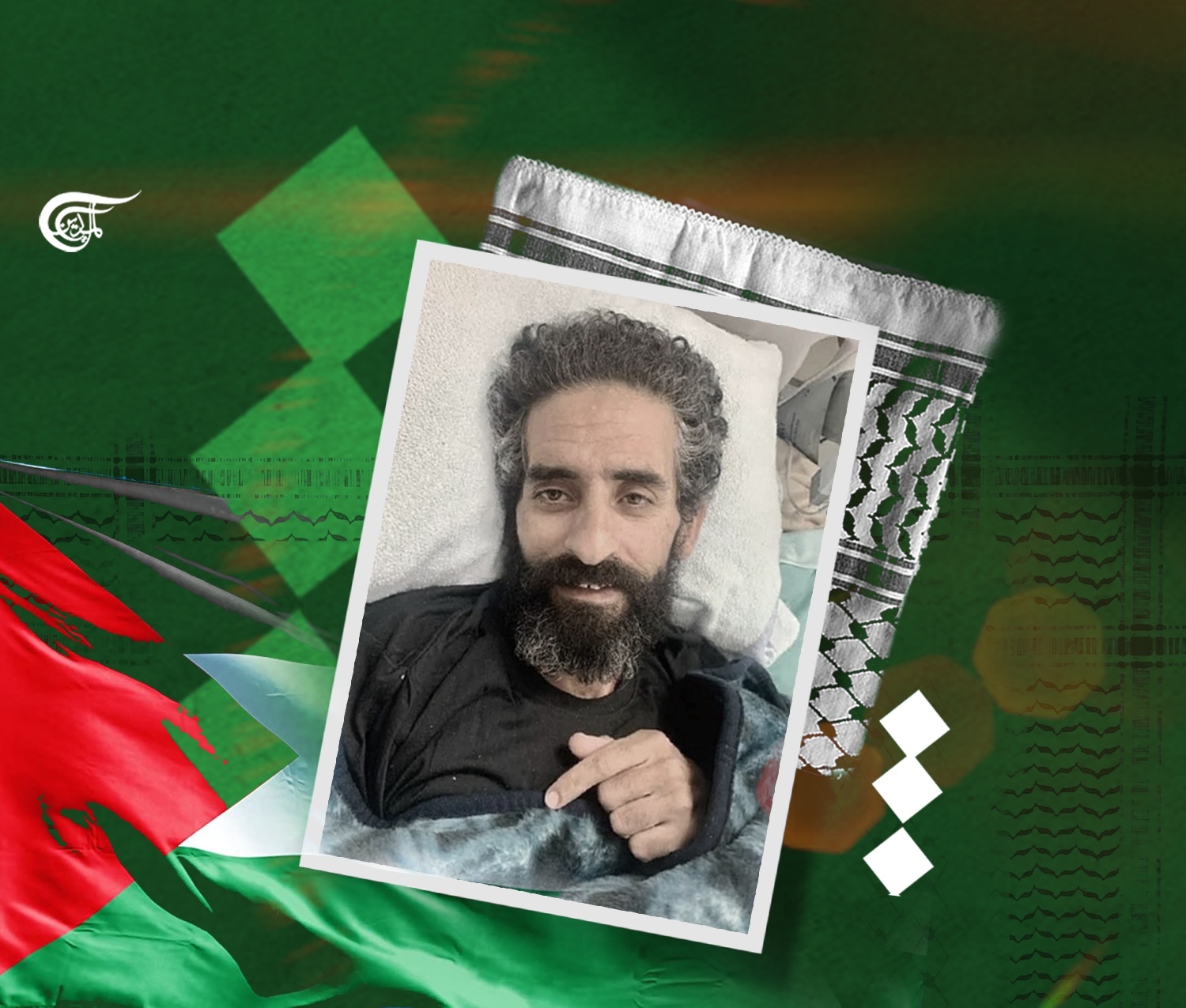Two pandemics, one prisoner
Abu Hawash, one of 500 Palestinians currently in administrative detention, was arrested in October 2020 without charge or trial. He started a hunger strike that lasted 141 days, during which his motto was: death or freedom.
-

The prisoner’s strike received wide attention in early January, forcing the occupation to concede to Abu Hawash’s ultimatum: death or freedom
Palestinian men are the villains in the story of “Israel.” The occupation dehumanizes the indigenous population and vilifies their resistance in order to exterminate without question. As a Palestinian man born in the shadows of a settler-colonialist state, Hisham Abu Hawash had his story pre-written for him.
Abu Hawash was detained in October of 2020, without charge or trial, like the 500 other Palestinians who are currently in administrative detention. He sits in his cell as court dates are delayed, time and time again, though his only crime is being Palestinian. To the Zionist regime playing both the judge and the jailer, his existence is just another threat to their own.
The 40-year-old father of five started his hunger strike in August of 2021, alongside a number of other administrative detainees. For a prisoner held by the fascist state, an open strike is one of few modes of resistance. For 141 days, Abu Hawash refused to be fed. His eyes went blind, and his body was frail as he suffered from blood poisoning. He was unable to move or speak and the damage, at that point, became nearly irreversible as he grew unconscious.
Abu Hawash was then in Ramleh prison hospital, which is also known as the slaughterhouse, or the cemetery of the living. The prison, built in 1934 under the British mandate, was transformed into an Israeli military center in 1948. A section of it was then dedicated to the prison hospital of underqualified physicians. Cement beds, dusty window screens, generic painkillers and sedatives, and age-old equipment fill the badly ventilated rooms of the hospital where any medical tests or surgeries take years of processing. It was said that prisoners who entered the slaughterhouse, left the prison either permanently impaired or as martyrs.
Throughout what must have felt like a death sentence, Abu Hawash’s family was forbidden from visiting him. Journalists were also banned from entering the hospital room. The occupation wanted him alone, away from the eyes of the people. They wanted a one-on-one. They wanted to settle the score.
His critical situation eventually sparked public outcry, with social media campaigns and protests from Amman to New York City. The prisoner’s strike received wide attention in early January, forcing the occupation to concede to Abu Hawash’s ultimatum: death or freedom. After pushing him to a point of no return, they agreed to release him on the 26th of February, guaranteeing that his sentence will not be renewed.
The occupation had Abu Hawash moved to an Israeli hospital, Assaf Harofeh, to receive treatment, though prisoners and patients are one and the same in occupied Palestine. Even the medic is a jailer and the doctor is a prosecutor. Imprisonment has been a way of life since the Nakba.
As COVID began to spread across occupied Palestine and in Assaf Harofeh, "Israel" took no measures to protect or isolate Abu Hawash, knowing very well his medical condition. Not 12 days after his deal with the devil, he contracted the virus. So, now, he stands his battle against a global pandemic and that of the apartheid state. Medical negligence follows humanitarian negligence, as Abu Hawash is transferred back to the slaughterhouse.
It’s a game of luck and chance because there are no bounds to the colonizer’s brutality. This is what Palestinian lives are to the Zionist regime. "Israel" has everything to gain and nothing to lose. The Israeli occupation wants to silence any and all forms of resistance and Abu Hawash is just one Palestinian life too many.
Perhaps the battle of the empty stomachs was won, but there is still an entire people to liberate and land to decolonize. The freedom fighter cannot stand alone against two fatal forces. Abu Hawash’s family is simply calling out for support and solidarity in reaching the international community. The occupation has no conscience, but it does respond to public pressure.

 Tamara Abdin
Tamara Abdin
 4 Min Read
4 Min Read







